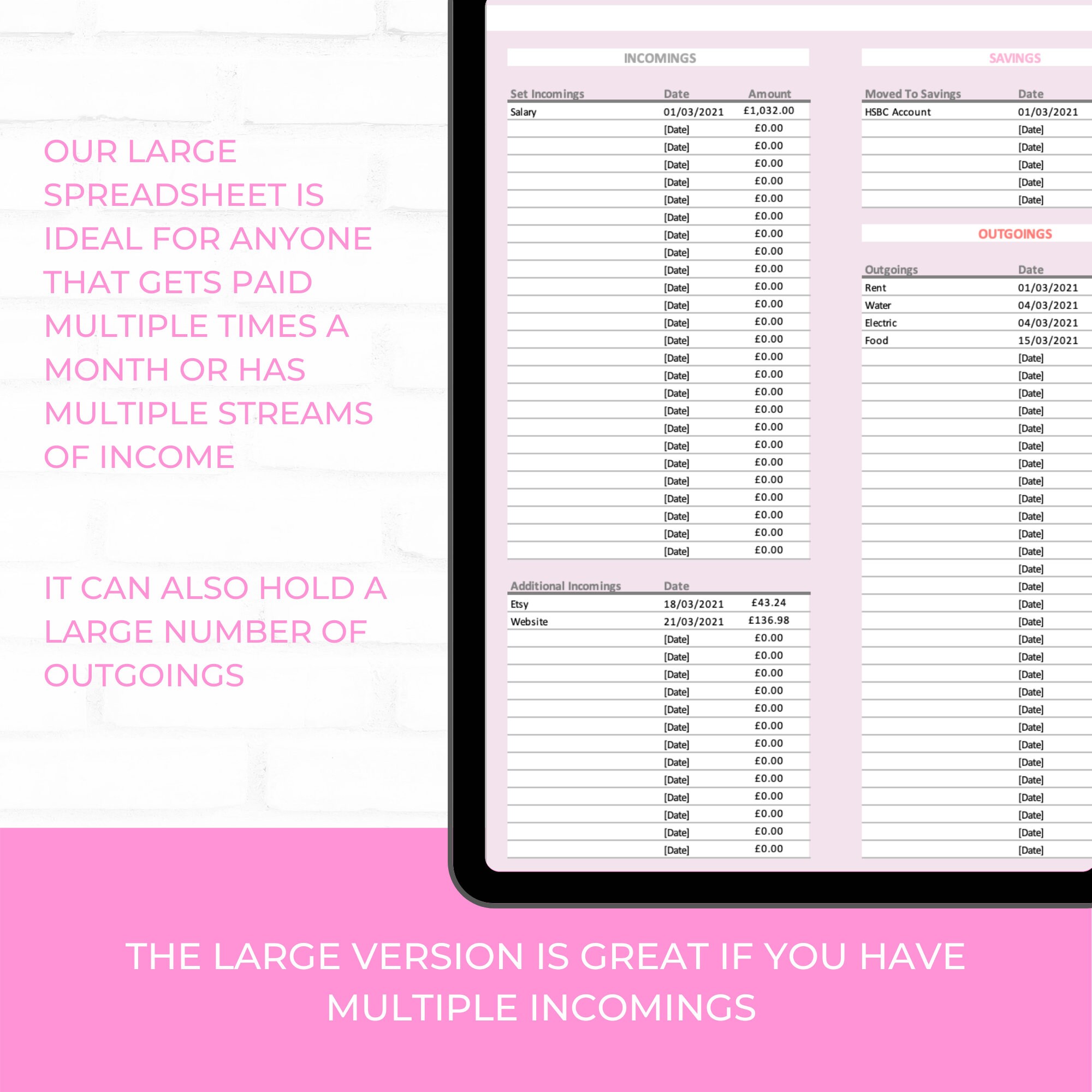


Use the tools provided by your bank or credit card company.Ĭheck with your bank or credit card company to learn if they offer budgeting tools that automatically assign categories to your expenses for you. You can connect your bank and investment accounts to these apps and manage all of your accounts in one place. If this works for you, great! If Excel isn’t your style, there are plenty of user-friendly apps to help you keep track of budgets and household finances. Many people find that they can manage household accounts and budgets using a basic spreadsheet program like Excel. What are the best tips and tools for budgeting?Įager to get started with budgeting? Here are some budgeting tips for beginners, as well as tools and ideas to help get you started or to improve your current personal finance skills: 1. This rule is a general guideline to help you get started, but you can tweak it to work for your lifestyle. Maybe you’d rather put an extra 5% of your “needs” in the “want” category, or you’d like to increase your savings by 10%. If the 50/30/20 rule doesn’t add up to a budget that works for you, make adjustments. You may find you enjoy cutting down on the “wants.” For instance, rather than eating out at restaurants or ordering delivery multiple nights a week, you and your family can make memories by cooking together at home.
#BEGINNER BUDGET PLANNER MOVIE#
Your wants may include family trips, movie nights, or concert tickets. According to financial expert Rachel Cruze, true needs are “the Four Walls: food, utilities, shelter, and transportation.” Once you set aside enough money for these budgeting categories, then you can begin assessing what falls into the “want” category. The trick, of course, is first understanding the differences between necessities and wants. 20% of your income goes toward savings or debts.According to this rule, budgeting is divvied up like so: While there are many different budgeting philosophies, the 50/30/20 rule is popular because of its practicality, flexibility, and effectiveness. If you’re a budgeting beginner, one of the easiest ways to start building out your budget is by following the 50/30/20 rule. Once you know your means (income) and your expenses, you can begin building an accurate budget that lets you comfortably cover your needs and your wants. You’ll want to ensure you have some “wiggle room” in your budget for these sorts of fluctuating charges. For fluctuating payments like those utility bills, look at how much your costs go up or down each month.

Tally these up to get a sense of your average monthly spend.
#BEGINNER BUDGET PLANNER LICENSE#
These might include taxes, license renewals, or bills for municipal services.īegin by reviewing your bank and credit card statements and making a note of each expense. Some expenses are regular and expected but are not payable monthly.Speaking of utility bills, they can fluctuate, making it difficult to know what to expect each month.Technology makes it easy to “set and forget” automatic debits, such as subscriptions, mobile apps, and utility bills.People may not like to face up to how they spend their money.Next comes the “hard” part: identifying and listing all of your regular expenses. Once you’ve tallied up your income for the month, you’ll have a firm grasp of what’s within your financial means. Review your bank deposit statements to identify all of your income sources. Income from family trusts or court settlements.However, you may have additional sources of income, including: Your spendable income is what you earn after taxes. If you’re like most people, you earn your income through employment. But don’t worry, it’s easy to get started if you break the process down into two simple steps: 1. For many, this first budgeting step is intimidating because they’ve never paid close attention to their financial habits. Living within your means requires knowing what you earn each month and what you spend each month. As financial planner Michael Kitces notes, a good budget helps you spend less than you earn, so you always have money left over for savings, emergencies, or that holiday gift budget. How do you make a budget that works for you?Ī doable budget is one that’s within your means, but what does that, well, mean? Your means is essentially your income.


 0 kommentar(er)
0 kommentar(er)
